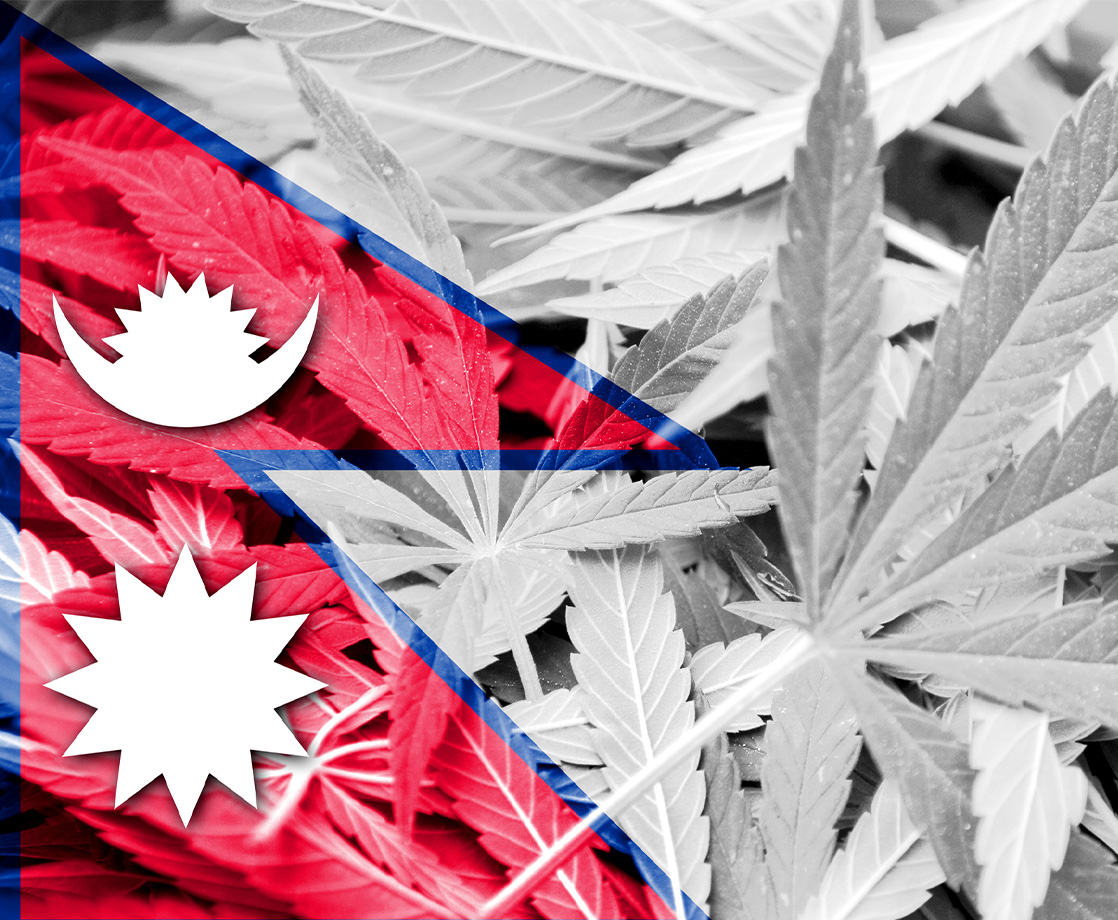[Editor’s Note: The original version of this article stated that cannabis was never banned in North Korea. Hemp was not banned, but THC-rich varieties of cannabis are illegal there.]
Nepal’s ruling Communist Party filed a motion on Sunday calling on the nation’s government to end pot prohibition and ban the import of alcohol.
The motion, spearheaded by lawmaker Birodh Khatiwada and signed by 45 other members of Parliament, noted that over 65 countries — many of which pushed cannabis prohibition on other countries such as Nepal through international treaties in the ‘70s — have already legalized or decriminalized the plant in some form.
“Marijuana has multiple uses,” Khawtiwada said, according to PTI. “It also helps earn foreign currencies and produce medicines.”
Nepal was one of the only nations to fight against the US and the international communities’ campaigns to criminalize weed worldwide. In fact, Nepal had a robust recreational marijuana industry with licensed pot shops, cultivation sites, and public consumption lounges until 1973, when the government canceled commercial weed licenses under international pressure.
But the country didn’t agree to the 1961 Single Convention — the international treaty that banned illicit drugs around the globe — until 1987, with a special exemption so it could continue to issue temporary permits for “non-medical” marijuana cultivation, manufacturing, sales, and distribution. The exemption had no expiration date, meaning it’s still technically in effect.
“Nepal was the last country to defend marijuana’s medicinal values in the international arena,” Rajiv Kafle, a Nepalese cannabis activist and HIV patient, told the Kathmandu Post last year. “Because nobody objected to Nepal’s reservation, a review by the World Health Organization should have been held to consider our claims.”
Oddly enough, that World Health Organization review did come on January 2019. And in it, the WHO called on all nations to consider rescheduling marijuana due to its medicinal properties.
At the moment, no official moves have been made in Nepal’s Parliament to begin legalizing cannabis. However, if Nepal does legalize, it will join neighboring Thailand, which has grown so friendly toward pot that the Thai prime minister recently hit a THC vape pen during a press conference while promoting the country’s free weed-oil program for medical patients.
Other Asian nations have remained stubborn about reforming their cannabis laws, such as China, which considers marijuana a grave evil — even as it produces most of the world’s glass pipes, bongs, and vape equipment. Japan doesn’t play around when it comes to the devil’s lettuce, either. Meanwhile, South Korea recently permitted pharmaceutical forms of cannabis medications.











